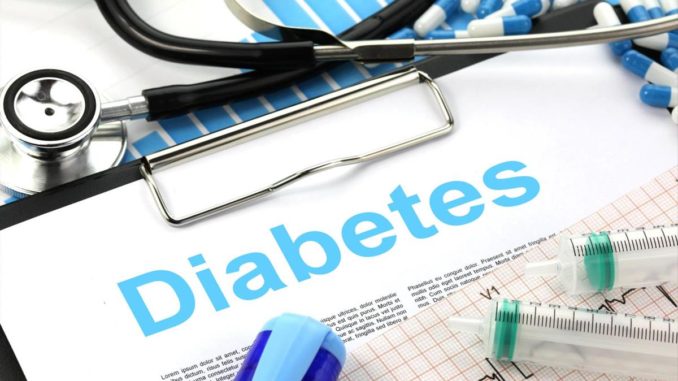Diabetes is a chronic condition that affects millions of people worldwide. Understanding its symptoms, diagnostic processes, and treatment options is key for managing this condition effectively. This information provides an overview of diabetes, highlighting the role of internal medicine in its management and emphasizing the relevance of staying informed and seeking help from medical professionals when needed.
What Are the Most Common Symptoms of Diabetes?
Recognizing the symptoms of diabetes early on can make a significant difference in managing the condition. While symptoms may vary depending on the type of diabetes (Type 1, Type 2, or gestational diabetes), some common signs include:
- Frequent urination (polyuria): High blood sugar levels can cause your kidneys to work harder, leading to more frequent trips to the bathroom.
- Excessive thirst (polydipsia): Increased urination often leads to dehydration, making you feel persistently thirsty.
- Unexplained weight loss: Despite eating normally, individuals with diabetes may experience weight loss due to their body’s inability to properly use glucose for energy.
- Extreme fatigue: A lack of sufficient energy from glucose can leave individuals feeling constantly tired or drained.
- Blurred vision: High blood sugar may cause the lens of your eye to swell, resulting in blurry vision.
- Slow-healing wounds: Cuts, blisters, or sores that take longer than usual to heal can be an indicator of diabetes.
- Tingling or numbness in hands and feet: This may be caused by nerve damage (neuropathy), a common complication of diabetes.
If any of these symptoms persist or worsen, consult a healthcare provider promptly.
How Is Diabetes Diagnosed by Health Care Providers?
Diagnosing diabetes involves assessing symptoms, conducting medical evaluations, and performing specific lab tests. Healthcare providers, including internal medicine specialists, rely on a variety of diagnostic tools to confirm diabetes and identify its type. One common test is the fasting blood sugar test, which measures blood sugar levels after fasting for at least eight hours. A result of 126 mg/dL or higher typically indicates diabetes. Another key test is the hemoglobin A1C test, which reflects average blood sugar levels over the past two to three months. An A1C level of 6.5% or higher is a strong indicator of diabetes.
Additional diagnostic methods include the oral glucose tolerance test (OGTT) and random blood sugar testing. The OGTT evaluates how the body processes sugar by measuring blood sugar levels at intervals after drinking a sugary solution. Meanwhile, a random blood sugar test checks blood sugar levels at any time, and a reading of 200 mg/dL or higher, along with diabetes symptoms, can confirm the condition. Early diagnosis is pivotal to prevent complications and begin effective treatment promptly.
What Are Treatment Options?
Diabetes management is a lifelong commitment that involves a combination of lifestyle changes, medications, and careful monitoring. Treatment approaches may differ based on the type of diabetes, but here are three key strategies:
- Healthy eating and exercise: A balanced diet with proper portion control helps regulate blood sugar levels. Incorporating physical activity into daily routines improves insulin sensitivity and overall health.
- Medications and insulin therapy: For individuals with Type 1 diabetes or advanced Type 2 diabetes, insulin treatment is necessary to manage blood sugar levels. Other medications, such as metformin, help lower blood sugar or improve how the body processes insulin.
- Blood sugar monitoring: Frequent glucose checks, whether through finger-prick tests or continuous glucose monitoring devices, provide real-time data to guide dietary or medication adjustments.
- Support and education: Many people with diabetes benefit from working with certified diabetes educators or joining support groups to receive guidance and motivation.
Treatment plans should be customized to meet an individual’s health needs, lifestyle, and personal goals.
Consult an Internal Medicine Provider
Managing diabetes is a partnership between you and your health care provider. Internal medicine doctors are experts in diagnosing and managing complex and chronic conditions like diabetes. They can help you create a personalized treatment plan to manage your symptoms and prevent complications.
If you’re experiencing symptoms of diabetes or need expert guidance, don’t wait. Schedule an appointment with an internal medicine provider today to take control of your health and improve your quality of life. Early intervention and proper care can make all the difference.

